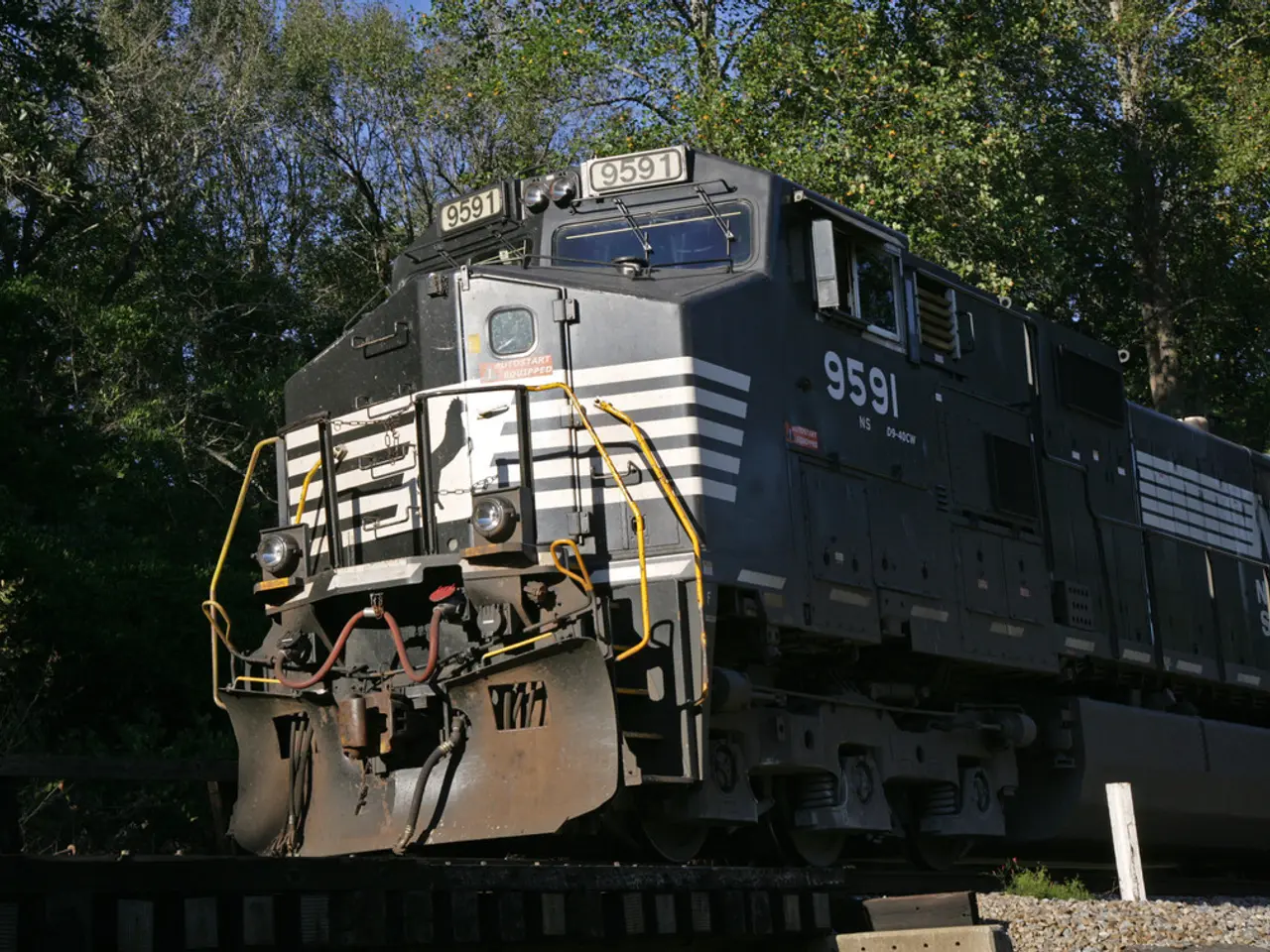newyork: MTA awards contract to Alstom for services
In a significant development for New York's transportation industry, Alstom, a leading railcar manufacturer, has been awarded a contract by the Metropolitan Transportation Authority (MTA) to produce 316 modern M-9A commuter railcars for the Long Island Rail Road (LIRR) and Metro-North Railroad. The contract, valued at approximately $2.3 to $2.4 billion USD, is set to transform the North Country's transportation manufacturing sector and create hundreds of new jobs.
The contract, finalized in June 2025, includes an option for up to 242 additional cars, potentially increasing the total contract value by around $1.5 billion, suggesting ongoing or future work. The delivery of the first railcars is expected to begin by 2030, with full delivery completed by 2032.
The project represents a significant investment in modernizing aging transit infrastructure, focused on cost efficiency with a 14.6% reduction in costs compared to estimates via modular design and automation. Production will be centered in Upstate New York, specifically at two major Alstom facilities: Hornell, NY, and Plattsburgh, NY.
In Hornell, a newly expanded 135,000-square-foot plant will manufacture the car body shells, equipped with advanced robotics and aiming to “reshore” manufacturing within the U.S. The Plattsburgh plant will assemble the bogies (undercarriages). The propulsion systems will be made at Alstom’s site in West Mifflin, Pennsylvania.
The contract is expected to create nearly 300 jobs across Alstom’s New York production facilities, many of which will involve members of the International Association of Machinists union, bolstering local employment in the manufacturing and union sectors.
Assemblyman Billy Jones has congratulated Alstom on their recent contract, emphasizing the importance of the MTA contracts for the North Country. The North Country Chamber of Commerce has also welcomed the news of the contract, highlighting the future of railcar production in upstate New York as bright and secure, supporting hundreds of jobs and dozens of vendors and suppliers in the North Country and elsewhere in New York.
This deal marks the largest single order of passenger railcars in U.S. history and signals a strategic pivot by the MTA away from reliance on foreign manufacturers like China’s CRRC, emphasizing domestic manufacturing and supply chain resilience. It represents a possible rail infrastructure renaissance in the U.S., emphasizing public-private partnerships and modern, efficient transit railcar technology that features improvements such as USB charging ports, accessible restrooms, wheelchair spaces, and extra-wide doors for better passenger flow.
Alstom's history of producing railcars in Plattsburgh dates back to 1995 when it arrived as Bombardier. In 2020, Alstom took over the business and has continued to produce the same product. Chamber President Garry Douglas stated that they have been advocating for the contract for several years and have liaised with various state and federal officials.
Jones expressed hope that the contract comes to fruition sooner rather than later. He also mentioned that there have been many partners involved in the contract. Douglas expressed hope for another major contract by another transit authority specifically for Plattsburgh in the near future. According to Jones, the latest budget has come up with some revenue streams to ensure the MTA continues to be vibrant.
In conclusion, the Alstom-MTA contract is a transformative investment with an eye toward modernizing New York transit, creating hundreds of skilled jobs in Upstate New York, revitalizing local rail manufacturing, and setting a precedent for future U.S. rail infrastructure projects.
- The Plattsburgh plant, previously a Bombardier facility, will now assemble the undercarriages for the modern M-9A railcars under Alstom's contract with the MTA, contributing to the revitalization of the North Country's railcar production sector.
- The delivery of the modern railcars, featuring USB charging ports, accessible restrooms, and extra-wide doors, is expected to start in 2030, signaling a possible rail infrastructure renaissance in the U.S. and a shift towards domestic manufacturing and supply chain resilience, as exemplified by this Alstom-MTA contract.




